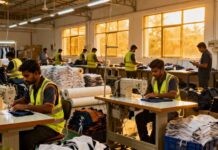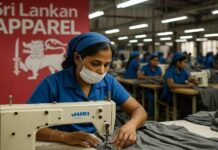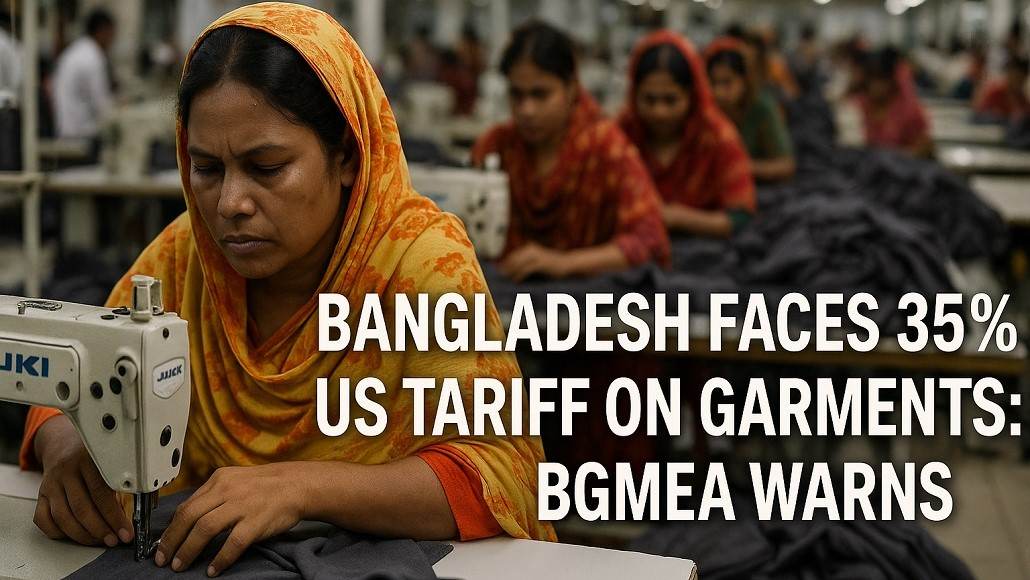Bangladesh’s garment industry is bracing for a potentially catastrophic impact following the announcement of a 35% tariff by the United States on its exports. The Bangladesh Garment Manufacturers and Exporters Association (BGMEA) has expressed serious concerns over this substantial tariff, which threatens to undermine the competitiveness of Bangladeshi apparel in the global marketplace.
Former BGMEA President Siddiqur Rahman has warned that the proposed tariff hike could lead to a significant decline in exports, affecting not only manufacturers but also the livelihoods of millions of workers dependent on the garment sector. With the U.S. being one of Bangladesh’s largest markets for garment products, the tariff increase is expected to create substantial economic repercussions. Rahman pointed out that such steep tariffs could drive U.S. buyers to seek alternative sourcing options in countries like Vietnam, India, and China, which may not be facing similar tariff pressures.
The BGMEA has urged the Bangladeshi government to engage in immediate dialogue with U.S. officials to address these tariffs. They emphasize the importance of maintaining robust trade relations and advocate for the need to highlight the compliance and sustainability measures that Bangladeshi manufacturers have adopted to align with U.S. standards. Additionally, the BGMEA is exploring avenues to enhance the value chain and improve the quality of products to remain competitive.
Industry insiders warn that the 35% tariff could significantly cripple the momentum built over the years in the garment sector, which has been a cornerstone of Bangladesh’s economy and a key driver of employment. The sector accounts for a substantial portion of the country’s exports, providing jobs for over four million people, primarily women.
Experts also highlight that the tariff increase could lead to a ripple effect throughout the economy, causing inflationary pressures as costs rise for consumers and businesses alike. The situation is further complicated by the global supply chain disruptions caused by the COVID-19 pandemic, which have already strained the industry. As discussions continue, stakeholders hope for a resolution that mitigates the impact of these tariffs, as the future of Bangladesh’s garment industry increasingly hinges on these negotiations, which will determine the trajectory of the sector in an increasingly competitive and challenging global landscape.

































